
Sarah Elharrar and Chaya Israily, both 27, always have been interested in fashion. The Los Angeles friends grew up in the Chabad-Lubavitch movement and worked at Bais Chaya Mushka Chabad in Pico-Robertson, running extracurricular and after-school programs.
While they enjoyed their work, they became Increasingly frustrated by the lack of modest and fashionable items available to them in stores. Then, in 2013, after tweaking their clothing and making their own designs for years, they decided it was time to go into business on their own and launch their modest women’s clothing line, SOLIKA.
Today, they sell their dresses and separates in 50 stores around the world as well as online. The Journal caught up with the designers to talk about their success and the vision for their brand.
Jewish Journal: Can you expand a bit on how SOLIKA came about?
Sarah Elharrar: I’d go to stores and buy two of the same dress, put them together, and make one modest dress. I designed my own bat mitzvah dress. I loved sketching during class, creating designs and putting fabrics together. Chaya and I would always wear matching clothes.
Chaya Israily: We both had a love for fashion and also good taste and a good eye. [In 2013], there was nothing in the modest community. Now there are so many modest Jewish brands. Back then people were wearing shells (a type of shirt Orthodox women wear under their clothes) and skirts under their clothes. Because we liked classy minimalistic clothing, we didn’t want to wear those or compromise on looking trendy.
SE: We went to downtown L.A.’s fashion district and we saw this guy on the street. We had no clue who he was but we asked him where we could get a pattern done. We followed him for 15 minutes and he took us to this building, up to the ninth floor, knocked on the door and walked away. This amazing woman, a patternmaker, opened the door. She helped us make a 15-piece collection. We had different pop-up events and trunk shows in L.A. and then New York. Now we wholesale to 50 stores throughout the states, online and out of the country.
CI: We work with influencers and bloggers. We didn’t even have a business plan, so what we’ve been able to do in the past few years has been incredible. It’s a lot of blessings and we have incredible customers. We’ve focused on wholesale but really miss having those personal connections with our customers, so we want to possibly launch a pop-up in the fall in L.A. We hope to go to the East Coast and do that as well. We’re coming out with a really cool, exclusive collection then.
We appeal to all women of faiths. We were in Utah a year ago and all our customers were Mormon. It was beautiful. They believe in the same kind of things and stay strong in their faith. We were in a Muslim fashion show in Irvine. We have plans to scale way bigger and sell to all people.
JJ: What does SOLIKA mean?
CI: Solika was a Moroccan woman. The prince wanted to marry her but she didn’t because it would be against her faith. He punished her greatly. He paraded her around the streets. She pinned her clothing to her body because she didn’t want to be immodest before she was put to death. This story taught us that modesty is a beautiful thing. Sometimes people think it’s annoying with its rules and regulations. I look at it as deeper than that. It makes a woman stronger. When a woman walks into a room dressed modestly, you notice her personality and more of who she is. That’s the message we’re trying to give to our customer. It’s not about covering up but allowing your true self to be shown. Some women think the fewer clothes you wear, the more attention you’ll get or [the more] attractive you’ll be. We think it’s the opposite. When you dress modestly and look good, people see the real you.
JJ: Do you sell to just Jewish women?
CI: We appeal to all women of faiths. We were in Utah a year ago and all our customers were Mormon. It was beautiful. They believe in the same kind of things and stay strong in their faith. We were in a Muslim fashion show in Irvine. We have plans to scale way bigger and sell to all people.
JJ: What is your ultimate goal for SOLIKA?
SE: We’d love to get into department stores and more boutiques. Maybe we could get into European stores, because people tell us our style is very European.
JJ: Do you hope the modest clothing trend continues to grow?
CI: It’s in right now, which is great because we’re in the business of modest fashion. But when it goes out, which it probably will, we’ll still be here.
SE: We have a core group of customers who need this product.
JJ: Are you married? Do you have children?
SE: I’m married and I just had a baby.
CI: I am not yet married, but soon I will be, please God.
JJ: Who inspires you?
SE: We grew up in Chabad schools learning about the teachings of the Lubavitcher Rebbe [Rabbi Menachem Mendel Schneerson]. He taught that you should take your God-given talents and utilize them for good. That’s a big driving force behind our brand. The Rebbe is our biggest inspiration.
CI: We never met her, but people say the Rebbe’s wife, Chaya Mushka, was extremely aristocratic and that she looked beautiful. We really believe you can look fantastic and amazing and dress modestly. Looking good and looking put together shouldn’t be a contradiction to living a frum, religious life. n








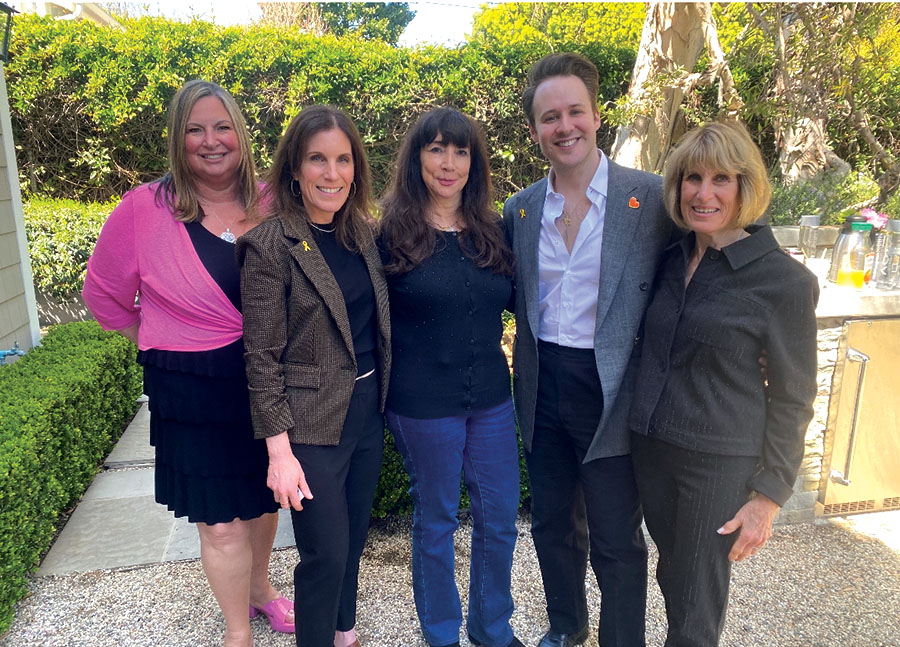
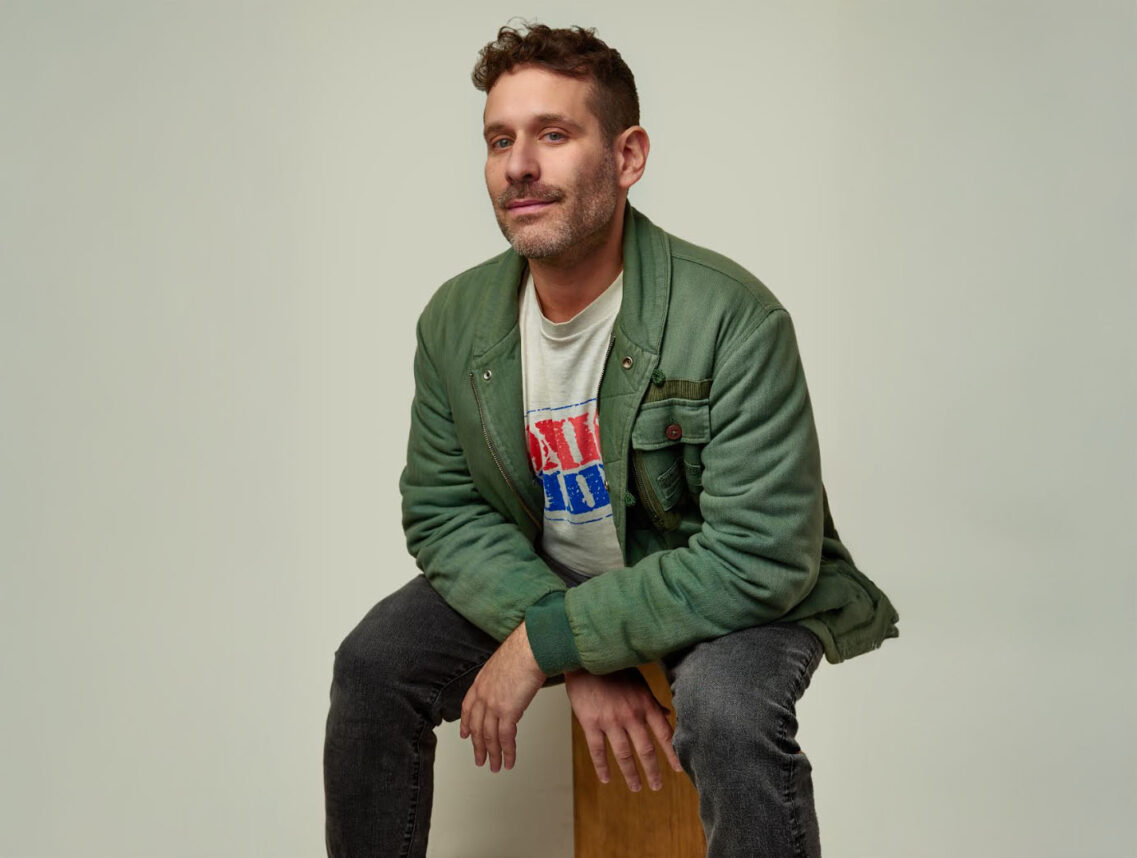

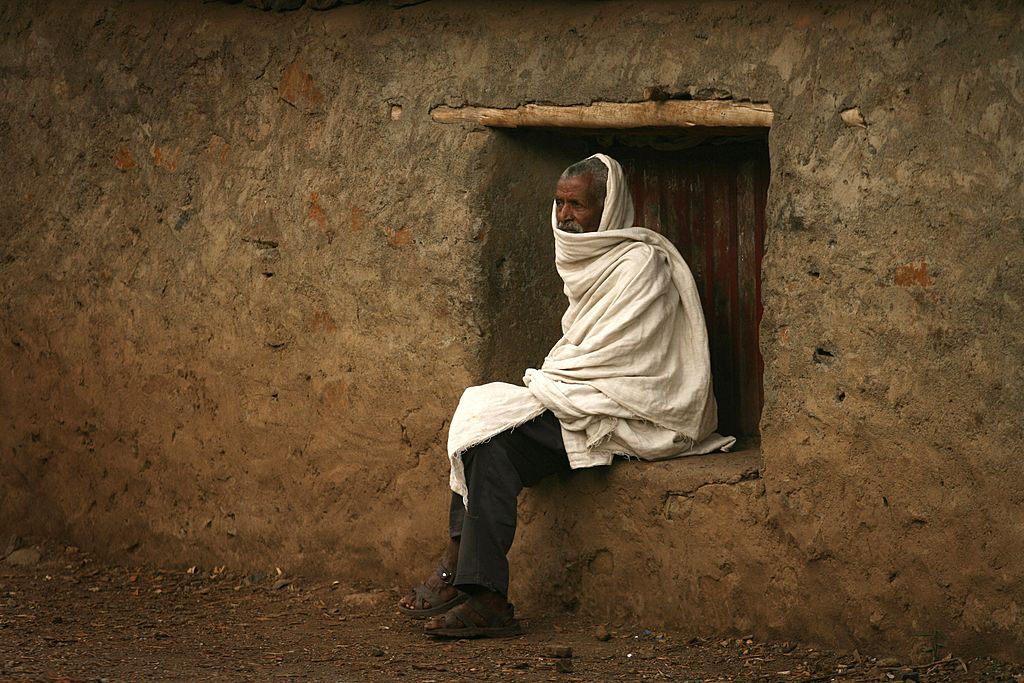


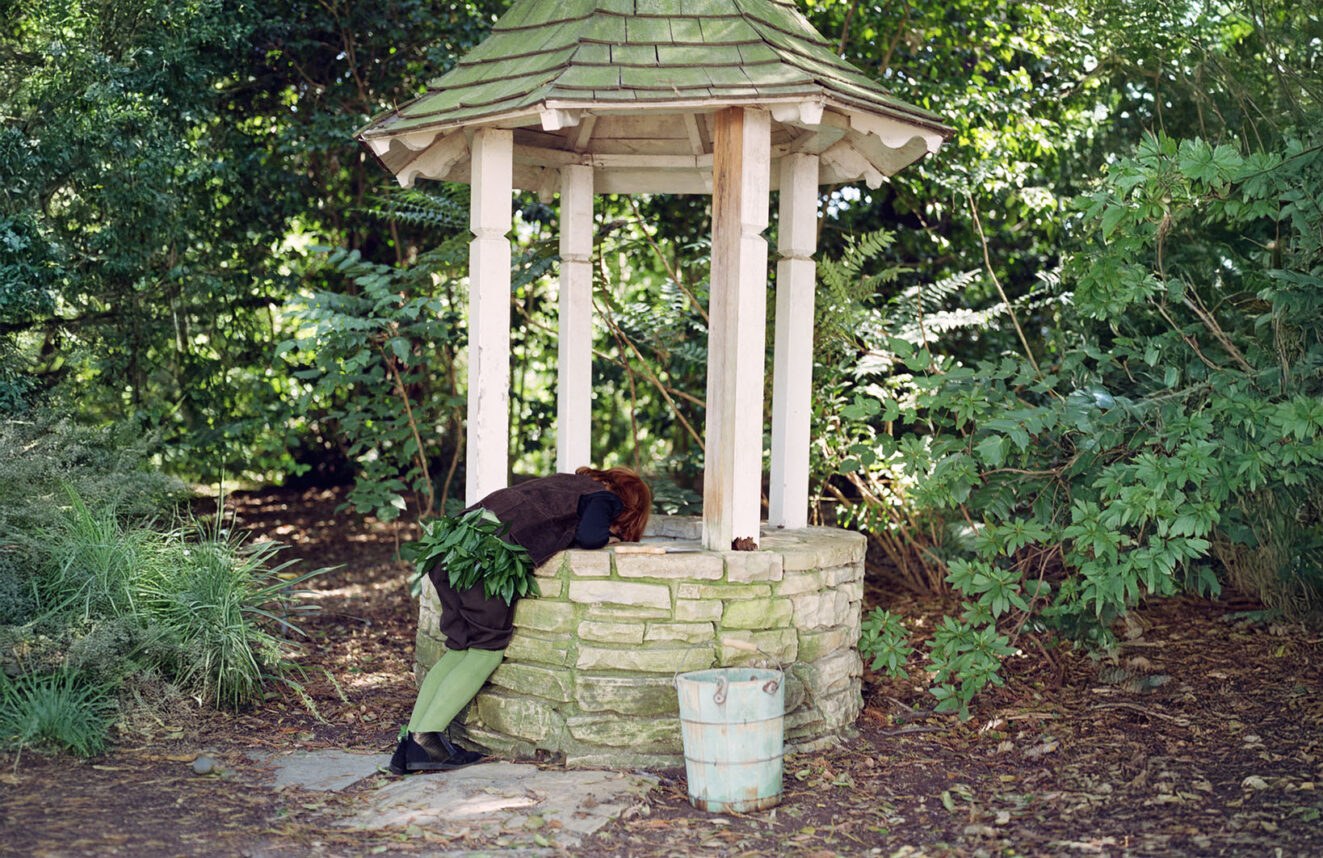





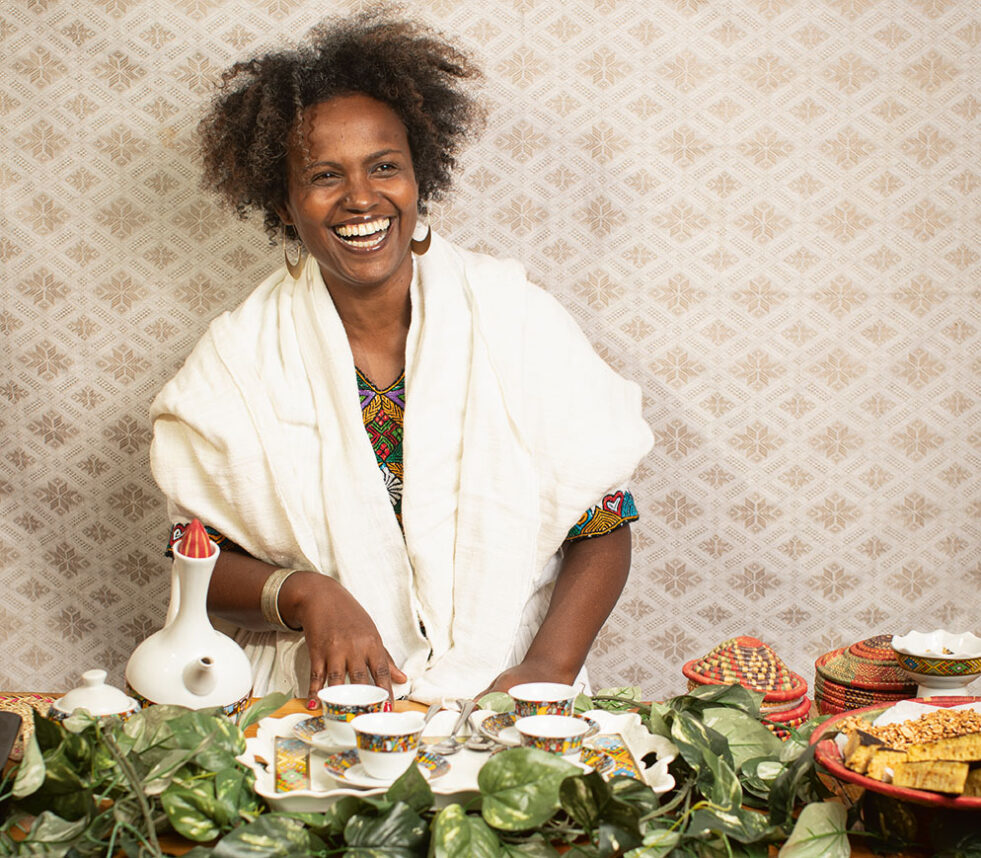


 More news and opinions than at a Shabbat dinner, right in your inbox.
More news and opinions than at a Shabbat dinner, right in your inbox.